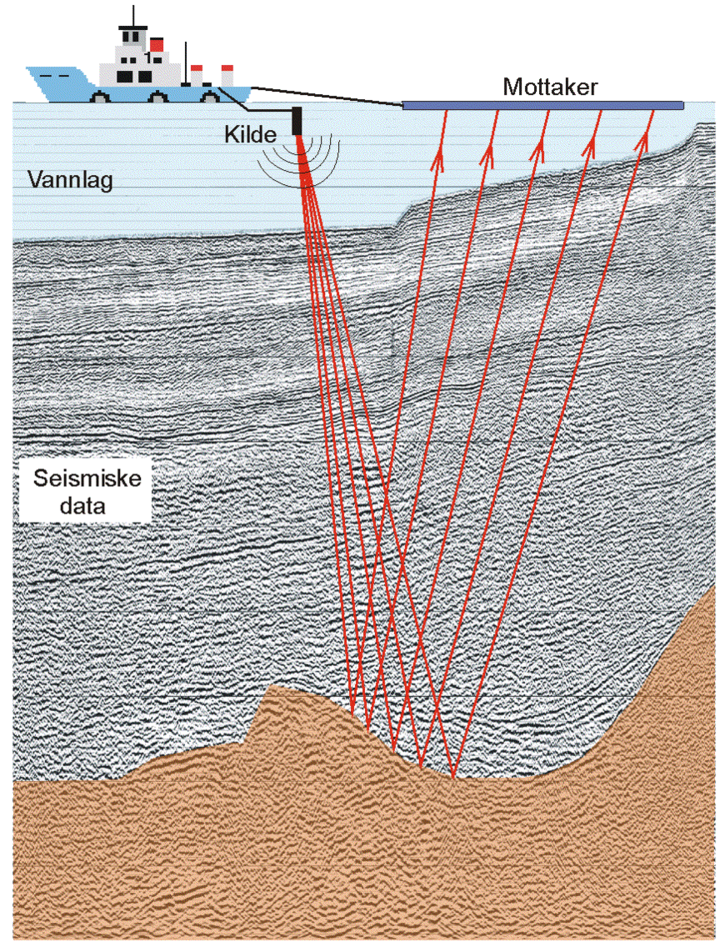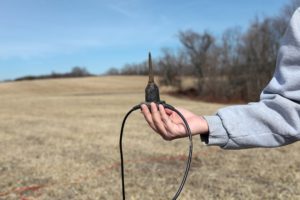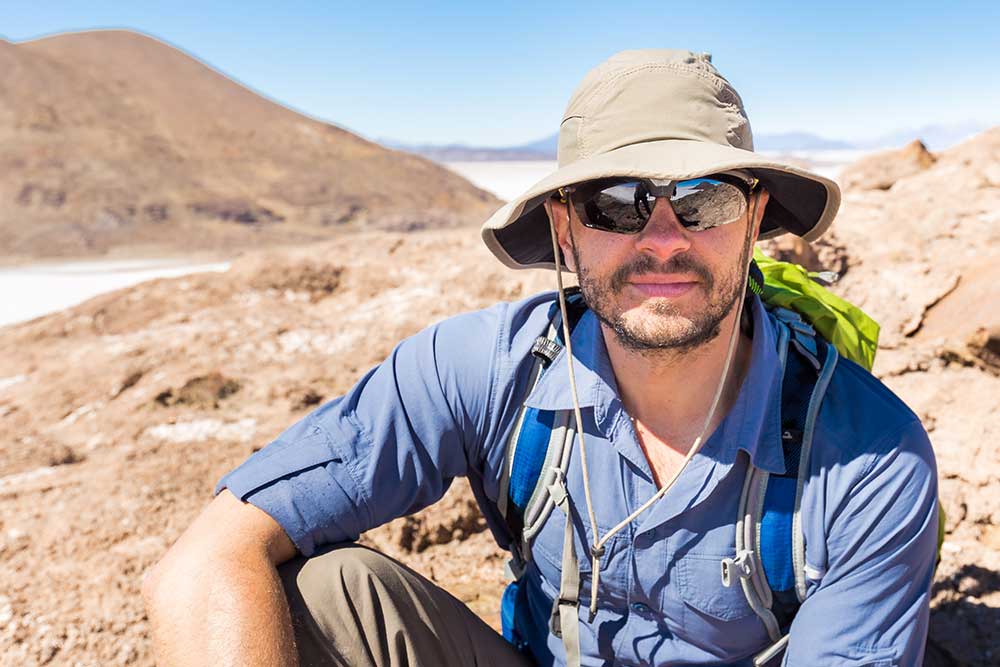All Categories
Featured
Table of Contents
Geophysics in Kiara WA 2020

The primary model for the radial structure of the interior of the Earth is the initial recommendation Earth model (PREM). Some parts of this design have been updated by current findings in mineral physics (see post-perovskite) and supplemented by seismic tomography. The mantle is generally composed of silicates, and the limits in between layers of the mantle follow phase transitions.

Schematic of Earth's magnetosphere. Flows from left to.
Inside the magnetosphere, there are fairly thick regions of solar wind particles called the Van Allen radiation belts. Geophysical measurements are usually at a particular time and location. Precise measurements of position, in addition to earth deformation and gravity, are the province of geodesy. While geodesy and geophysics are different fields, the two are so closely linked that many clinical organizations such as the American Geophysical Union, the Canadian Geophysical Union and the International Union of Geodesy and Geophysics incorporate both.
Marine Geophysicist in Watermans Bay Aus 2020
A three-dimensional position is determined utilizing messages from 4 or more noticeable satellites and described the 1980 Geodetic Reference System. An alternative, optical astronomy, integrates huge collaborates and the regional gravity vector to get geodetic coordinates. This approach only offers the position in two collaborates and is harder to utilize than GPS.
Gravity measurements ended up being part of geodesy due to the fact that they were needed to associated measurements at the surface of the Earth to the recommendation coordinate system.
Satellites in area have actually made it possible to collect data from not just the visible light area, but in other locations of the electro-magnetic spectrum. The worlds can be identified by their force fields: gravity and their electromagnetic fields, which are studied through geophysics and space physics. Determining the changes in velocity experienced by spacecraft as they orbit has permitted fine information of the gravity fields of the worlds to be mapped.
Geophysical Method - An Overview in Sorrento Oz 2022

Considering that geophysics is concerned with the shape of the Earth, and by extension the mapping of features around and in the world, geophysical measurements consist of high precision GPS measurements. When the geophysical measurements have been processed and inverted, the analyzed results are plotted utilizing GIS.
Many geophysics business have developed internal geophysics programs that pre-date Arc, GIS and Geo, Soft in order to meet the visualization requirements of a geophysical dataset. Exploration geophysics is used geophysics that often uses remote noticing platforms such as; satellites, airplane, ships, boats, rovers, drones, borehole sensing devices, and seismic receivers.
Aeromagnetic data (aircraft collected magnetic data) gathered utilizing conventional fixed-wing airplane platforms should be fixed for electromagnetic eddy currents that are developed as the aircraft moves through Earth's magnetic field. There are also corrections connected to changes in measured prospective field strength as the Earth rotates, as the Earth orbits the Sun, and as the moon orbits the Earth.
Geology Careers: Degree Requirements, Cost & Salary in Forrestdale Aus 2020
Signal processing includes the correction of time-series data for unwanted sound or mistakes introduced by the measurement platform, such as aircraft vibrations in gravity information. It also involves the reduction of sources of noise, such as diurnal corrections in magnetic data., meteorology, and physics.
The magnetic compass existed in China back as far as the 4th century BC. It was used as much for feng shui as for navigation on land. It was not up until great steel needles could be created that compasses were used for navigation at sea; before that, they could not keep their magnetism long enough to be useful.
By looking at which of 8 toads had the ball, one could determine the instructions of the earthquake.'s (1600 ), a report of a series of precise experiments in magnetism.
Uses For Geophysical Data in South Perth Western Australia 2021
In 1687 Isaac Newton published his, which not just laid the structures for classical mechanics and gravitation Also described a range of geophysical phenomena such as the tides and the precession of the equinox. The very first seismometer, an instrument capable of keeping a continuous record of seismic activity, was constructed by James Forbes in 1844. Dietmar; Sdrolias, Maria; Gaina, Carmen; Roest, Walter R. (April 2008). "Age, spreading out rates, and spreading out asymmetry of the world's ocean crust". Geochemistry, Geophysics, Geosystems. 9 (4 ): Q04006. Bibcode:2008 GGG ... 9. 4006M. doi:10. 1029/2007GC001743. S2CID 15960331. "Earth's Inconstant Magnetic Field". science@nasa. National Aeronautics and Space Administration. 29 December 2003. Retrieved 13 November 2018.
Runcorn, S.K, (editor-in-chief), 1967, International dictionary of geophysics:. Pergamon, Oxford, 2 volumes, 1,728 pp., 730 fig Geophysics, 1970, Encyclopaedia Britannica, Vol. Intro to seismology (Second ed.).
Latest Posts
Geological And Geophysical Surveys in Mullaloo Western Australia 2023
Geophysical Surveys & Mapping - Ecs Limited in Rockingham WA 2020
Marine Geophysicist in Iluka Aus 2020